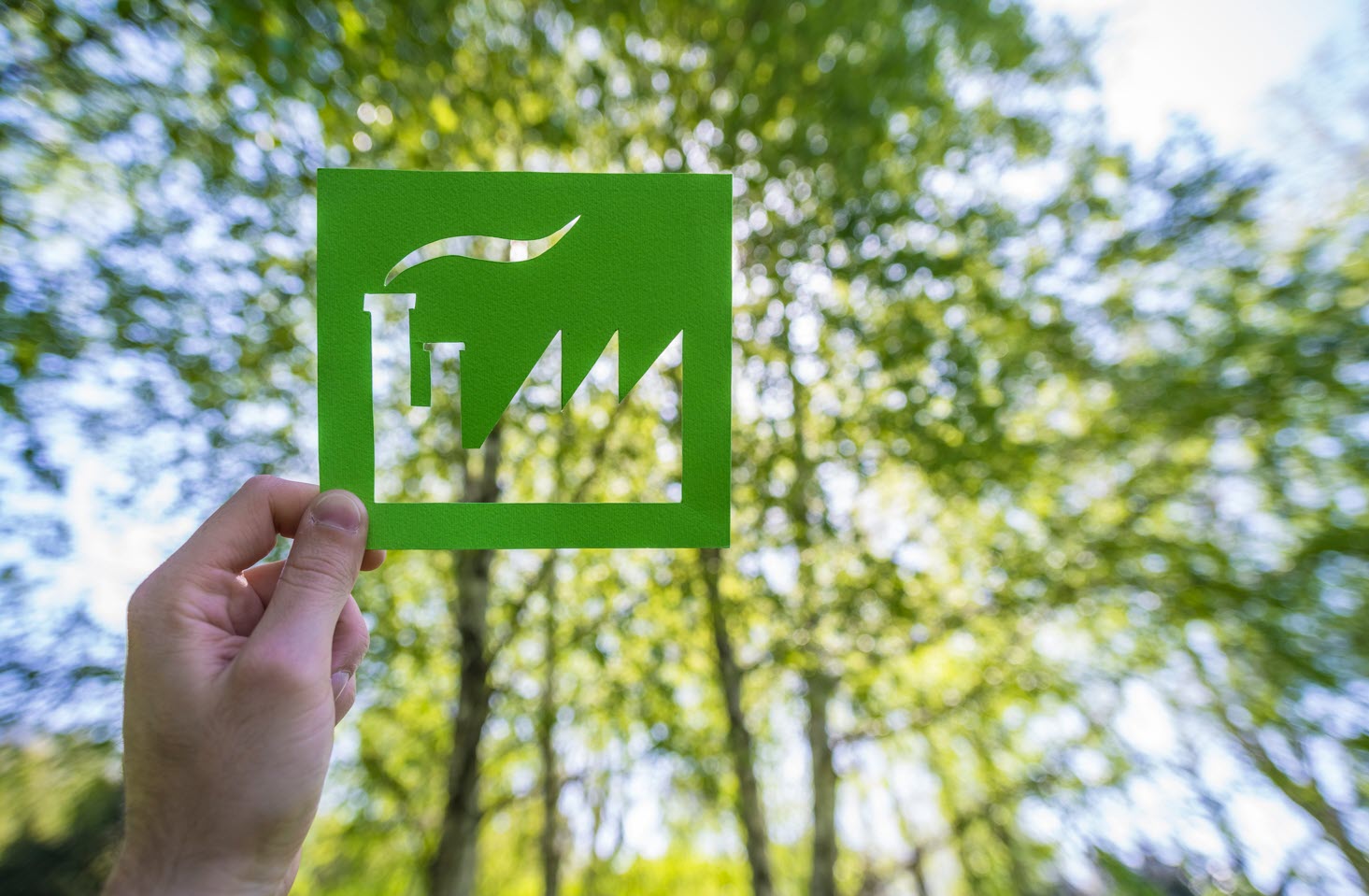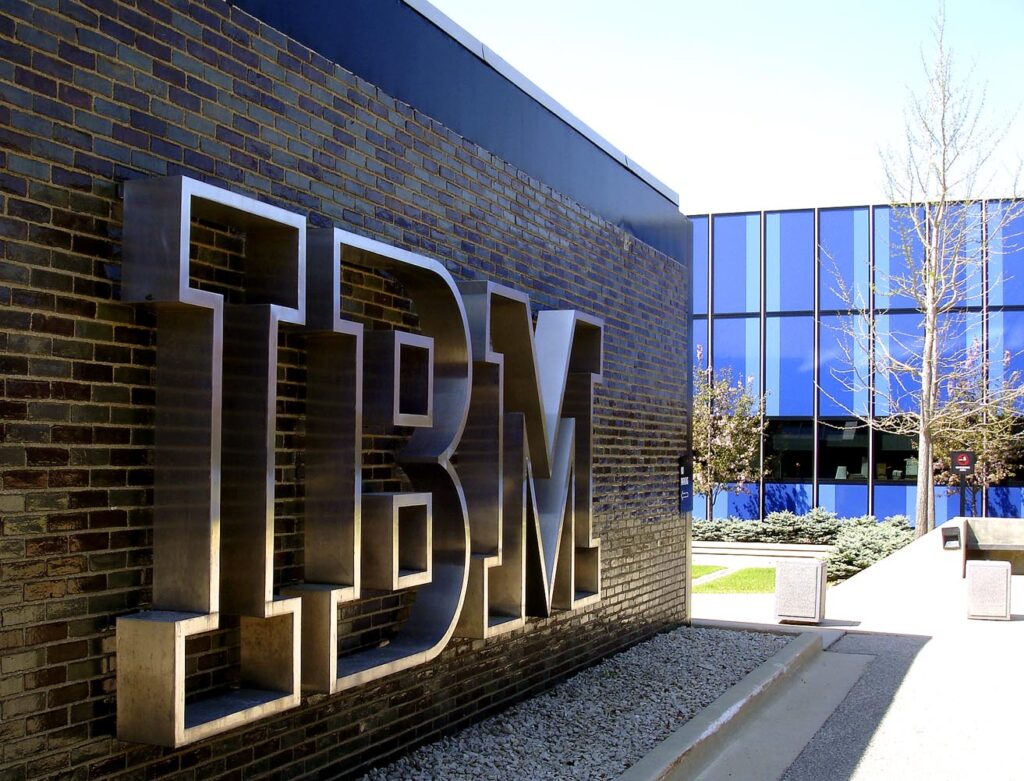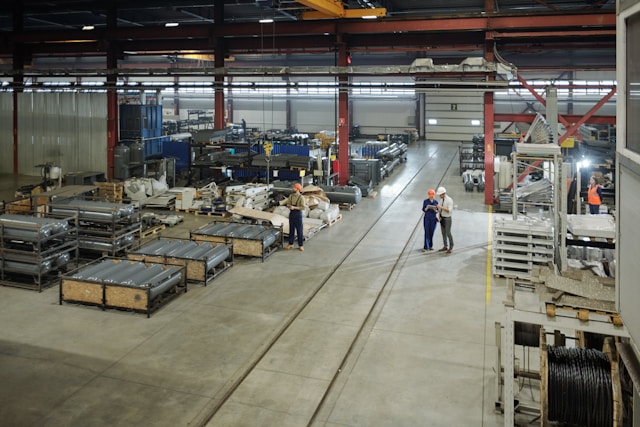In the last few years, the role of sustainability has expanded from a tactic for cost containment to a critical competitive strategy. Consider a recent Accenture study, which found that the businesses with the strongest sustainability initiatives had 21 percent higher earnings than those in the bottom quartile. Meanwhile, in a recent Gartner survey of business leaders, 80 percent of respondents state that sustainability reduces costs, but even more – 86 percent of these executives – believe that sustainability investments protect them from disruptive impacts.
In manufacturing, sustainability initiatives are creating win-win scenarios, helping to mitigate rising costs for materials, energy, and services even as they reduce their energy requirements, carbon footprint, and environmental impact. These efforts take many forms. For example, more manufacturers are investing in energy-efficient smart machines. Many manufacturing firms are also successfully reducing their carbon emissions and non-recyclable waste through trim buyback and recycling programs. Meanwhile, others are creating biodegradable containers and other types of packaging that reduce the need for virgin materials.
Sustainability and profitability go hand in hand. With a greater focus on how products are produced and delivered, the lean manufacturing practices that help drive profitability also now play an important role in achieving sustainability. At the same time, enterprise resource planning (ERP) software is critical to achieving sustainability by balancing the environmental needs of the planet with production performance and profitability. By providing real-time visibility and control, ERP systems empower manufacturers to navigate the convergence between lean manufacturing and sustainability and pivot production quickly as market requirements and opportunities evolve.
Driving sustainability in manufacturing
As in other industries, manufacturers are looking at ways to monitor and reduce their energy consumption. They are investing in everything from smart lighting to smart machines that know when to turn themselves off; newer heating, ventilation and air conditioning (HVAC) systems; and solar panels that are powering 30 percent to 40 percent of their facilities. Additionally, leading manufacturers have obtained or are working toward International Organization for Standardization (ISO) 14001 certification for environmental management. The standard covers everything from battery and light bulb disposal to ensuring that the facility does not put chemicals or other forms of discharge into local water supplies.
Manufacturers are also addressing increased demand from customers to understand the environmental impact of materials used to create products. The Accenture study referenced earlier found that 66 percent of consumers plan to make more sustainable or ethical purchases over the next six months. At the same time, 50 percent of businesses in a recent FleishmanHillard survey say that improving their own environmental, governance, and social (ESG) profile is the top factor in looking for a new supplier.
Increasingly, brands and the manufacturers within their supply networks are responding with greater monitoring and certification. Together, ERP and manufacturing execution system (MES) systems can help to automate how materials are managed to material safety data sheet requirements, as well as identify and track materials for ESG compliance (i.e., quantify how ‘green’ materials are as defined by ESG standards).
The greatest areas of impact, however, are where manufacturers are investing in updating their production processes and suppliers to reduce scrap, waste, and reliance on virgin materials. Here, the use of real-time production and process monitoring data is critical to tracking progress against goals. When this real-time data is shared across ERP, MES, supply chain management (SCM), and quality management software, manufacturers gain the visibility and control they need to keep lean manufacturing and sustainability initiatives on track. Let’s look at three examples.
Fabricated Extrusion is a leading provider of custom extrusion manufacturing services. The company uses its ERP and MES software to track production and reduce scrap. It also has a trim buyback program that enables customers to recycle plastics at the plant. This reduces landfill waste and provides Fabricated Extrusion with additional materials inventory for production runs.
Comar is a manufacturer specializing in packaging solutions. It relies on ERP and MES software to help introduce new products. For example, the company collaborated with an injection stretch flow manufacturer to create a bottle design for nutritional supplement gummies, which minimized the resin required. Not only did this cut waste, it also reduced the associated resin costs.
Revere Packaging produces containers for the global market. The company purchases recycled raw materials and produces fully recyclable plastic and aluminum packaging. Through its ERP system, Revere Packaging is gaining a better understanding of costs versus the selling prices of its eco-friendly products.
Defining success in sustainability
To achieve sustainability goals, manufacturers have to start by finding and closing gaps in production processes. ERP systems are proving effective in automating audits and compliance reports that quickly identify where and why gaps occur. Similarly, manufacturers can use automated audits and reporting to capture trending data showing where sustainability programs are delivering results and which areas need more work. By maintaining a 360-degree view of a manufacturing process, companies can continue improving each sustainability initiative over time.
Analysis of historical data is critical to monitoring and improving sustainability initiatives. However, manufacturers also need to respond quickly to new developments on the shop floor or within their supply networks that can potentially hinder sustainability efforts. For this reason, it is important to share real-time data across all departments and systems to keep sustainability progress in motion and on track for achieving the company’s goals.
Some manufacturers need to go a step further and combine real-time data with track-and-traceability provided by their ERP system. This is particularly true for companies in the food and beverage and pharmaceutical industries, which have perishable, temperature-sensitive materials and often rely on cold storage as a core part of their logistics chains. By using an ERP system with real-time data and track-and-traceability, these manufacturers can monitor expiration dates, deviations in storage temperatures, spoilage rates across inventories, supply chain bottlenecks, and other factors, regardless of location. This helps to reduce waste, cut materials-related costs, and ensure quality and safety.
The most successful manufacturers recognize that achieving sustainability goals requires the participation of everyone in the company. They present real-time data about materials, production and processes, not just to employees in the back office, but also every team member on the shop floor. Additionally, they keep everyone informed about material safety and compliance standards. ERP and MES systems often deliver the data to displays around the facility, factory work centers, and employees’ computers or mobile devices. ERP systems also automate the tracking of materials across warehouses and the supply chain as well as how material safety data sheets stay current and organized for reference.
The future of sustainability
In manufacturing, some of the most compelling areas of innovation today are the rapid advances in design for sustainability. From the first product concept designs through the first production run, design-for-sustainability is an effective process for reducing an organization’s long-term impact on the environment while cutting expenses. For example, a recent study by McKinsey found that a consumer packaged goods manufacturer could reduce packaging costs by 10 percent by making simple design changes to a plastic bottle.
Recent developments in design for sustainability include creating biodegradable goods, recyclable or compostable packaging, thinner plastic films, lighter metal alloys, and designs that combine virgin and recycled materials in ways that maintain government compliance. A case in point is Pod Pack, a producer of packaged single-serve beverages. The company has been working with the Biodegradable Products Institute (BPI) to develop high quality, fully Industrial compostable solutions. It also has obtained several certifications, including Certified Organic, BPI Compostable, Rainforest Alliance Certified, Kosher, Global Food Safety Initiative (GFSI), and Safe Quality Food. ERP and computer-aided design (CAD) systems are often used hand-in-hand to support the design, materials sourcing, and trial production of sustainable product and packaging innovations.
Increasingly, ERP solutions are serving as the manufacturing business’ eyes and ears for sustainability performance. Through a 360-degree view of the shop floor across each stage of the manufacturing process, these systems provide real-time data and insights that enable manufacturers to quantify, implement, tune, and measure the progress of lean manufacturing and sustainability initiatives. In this way, ERP systems are playing a pivotal role in empowering manufacturers to increase efficiency, profitability, and customer loyalty as they minimize their impact on the environment.
This is a sponsored article by DELMIAworks.




